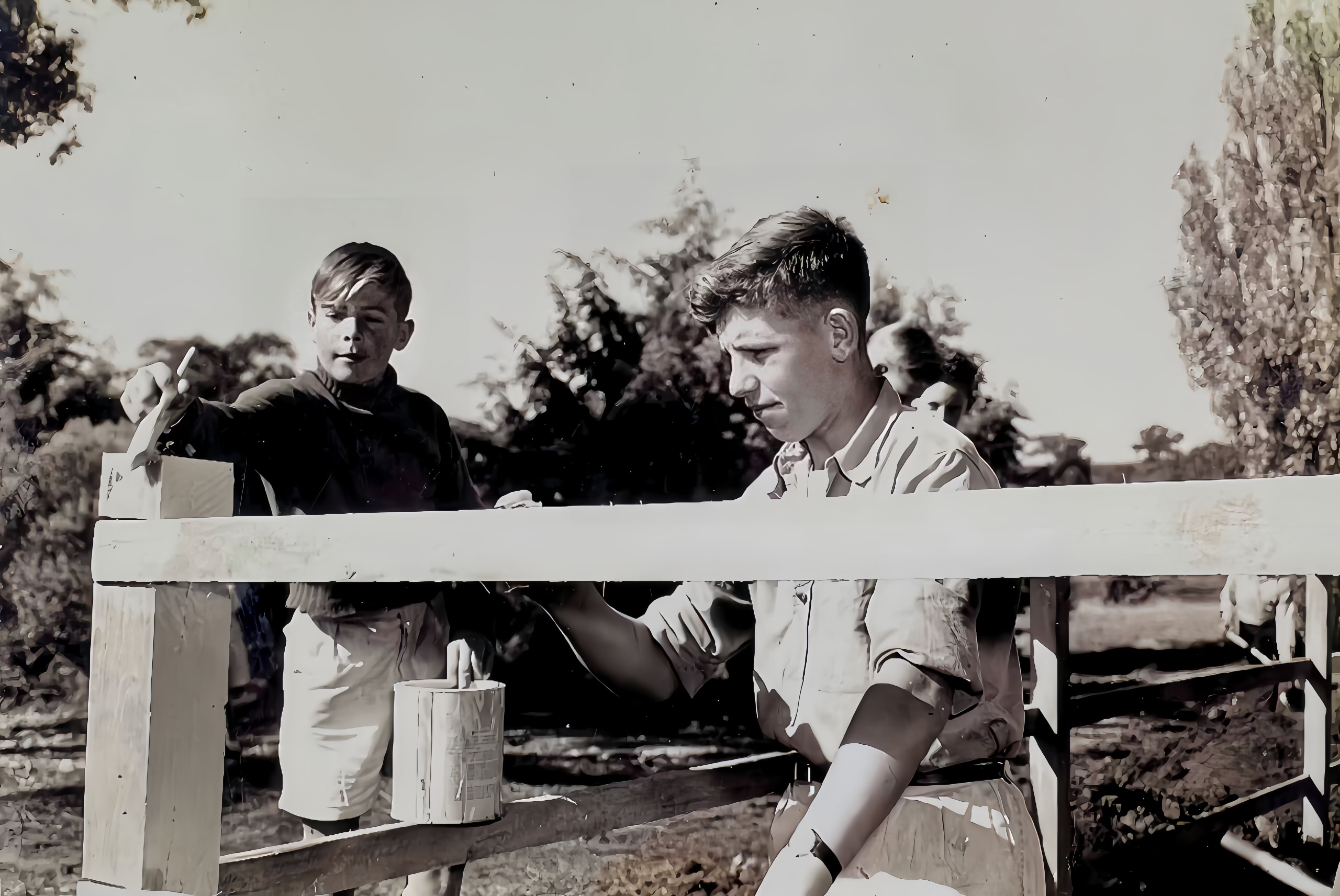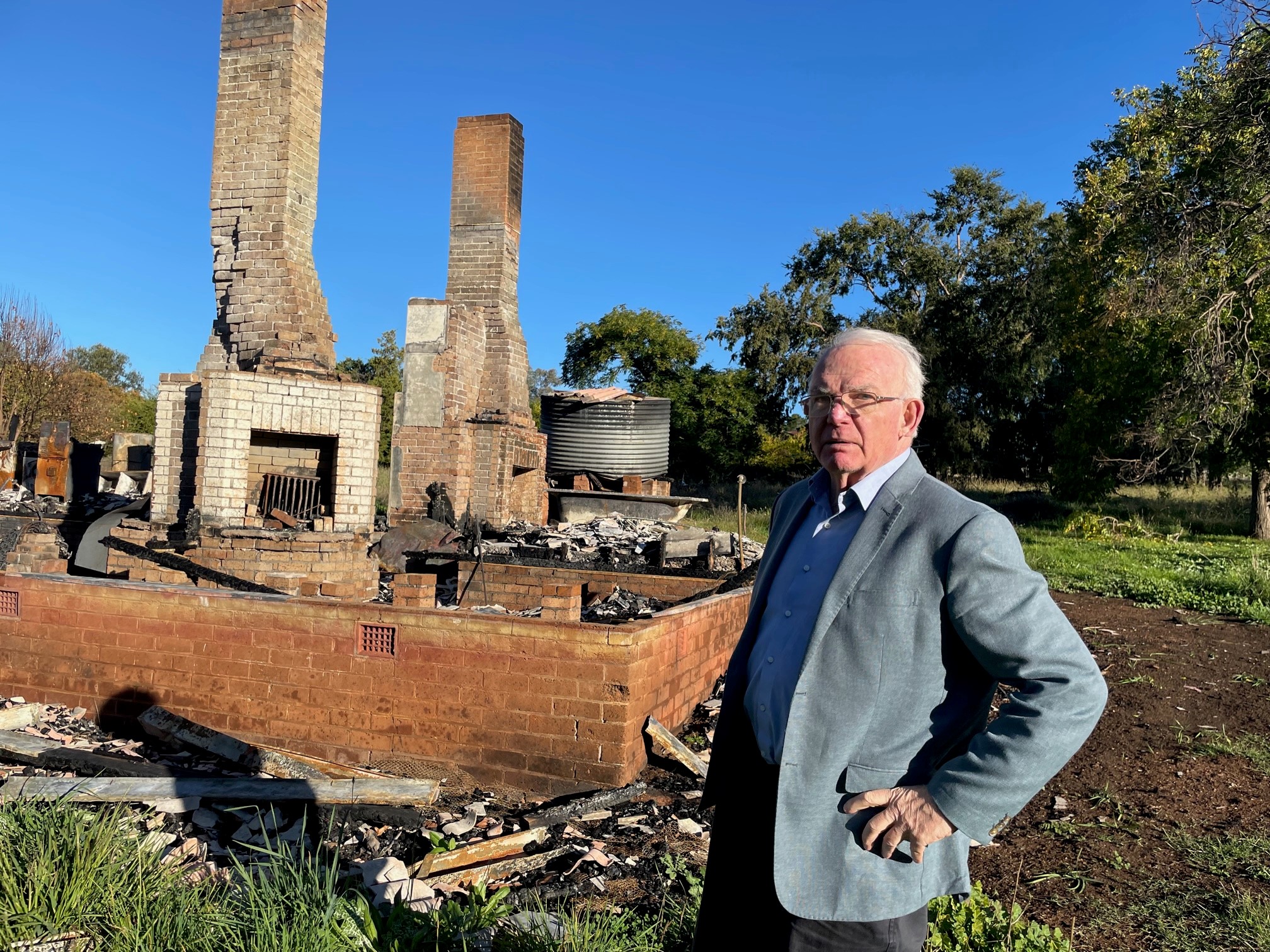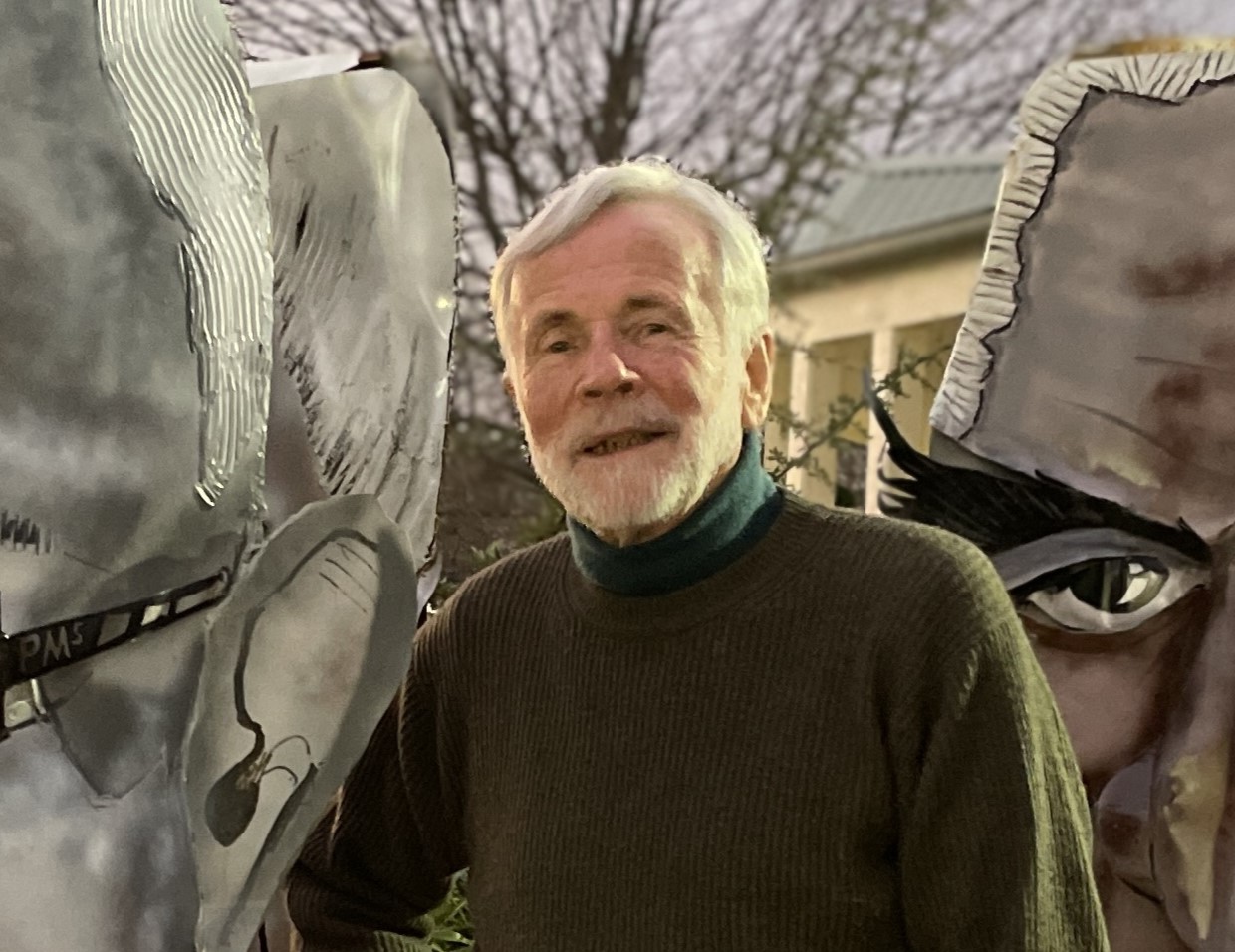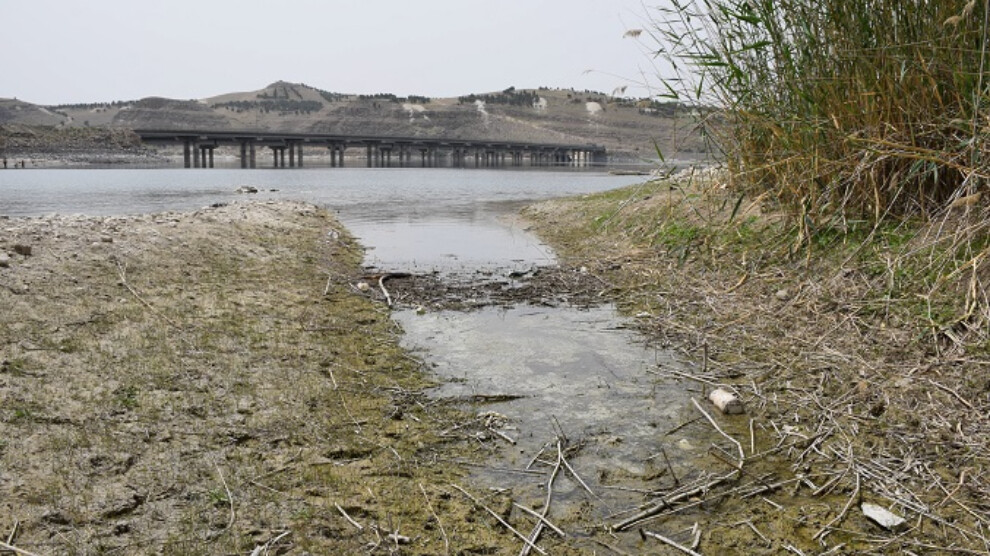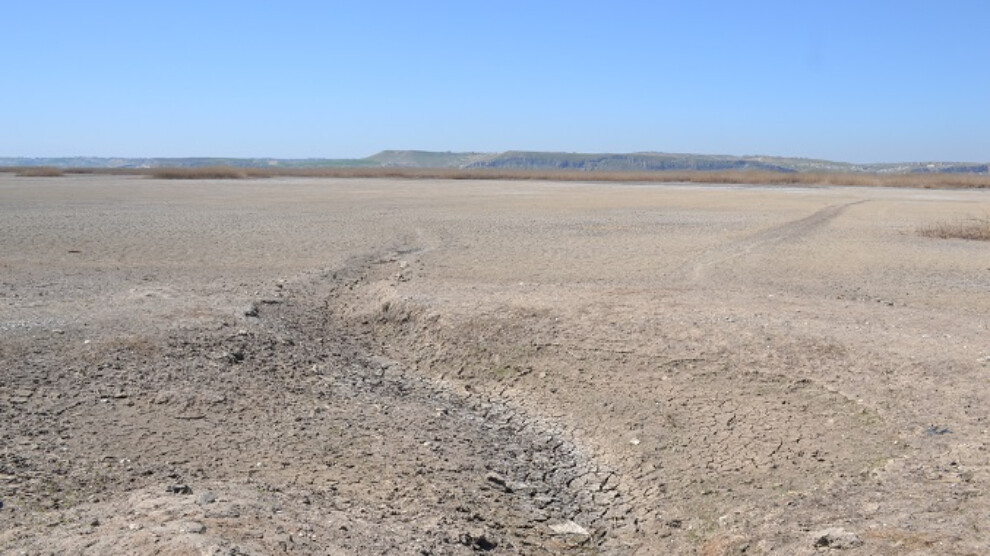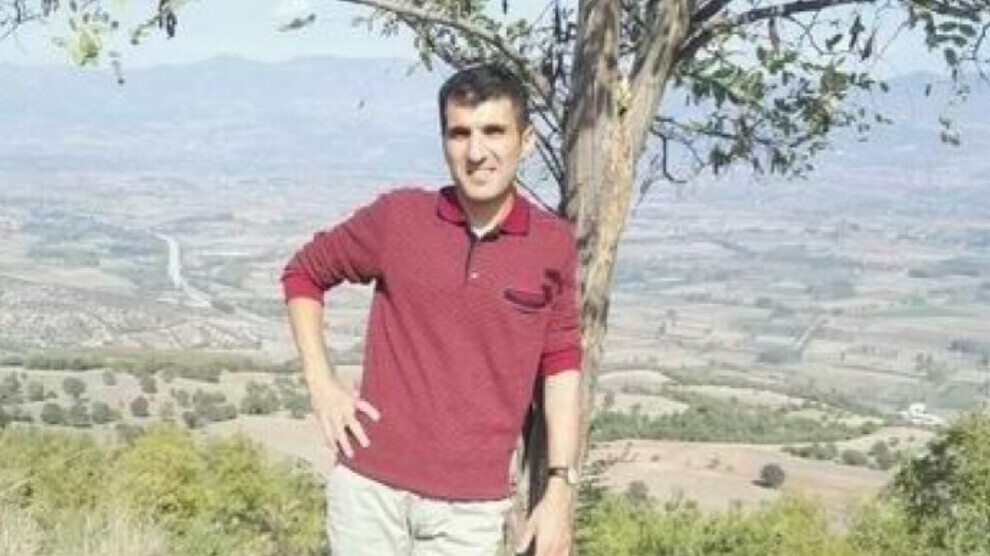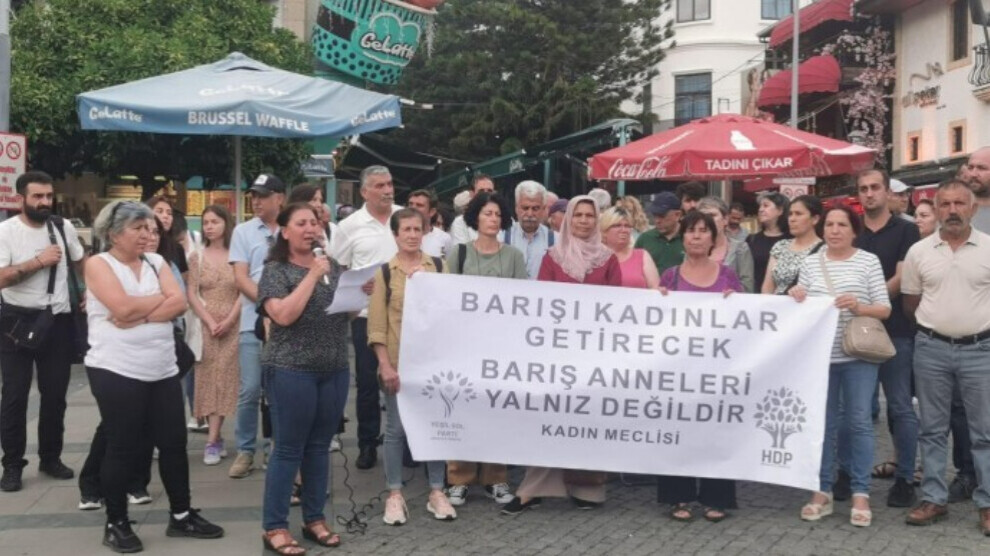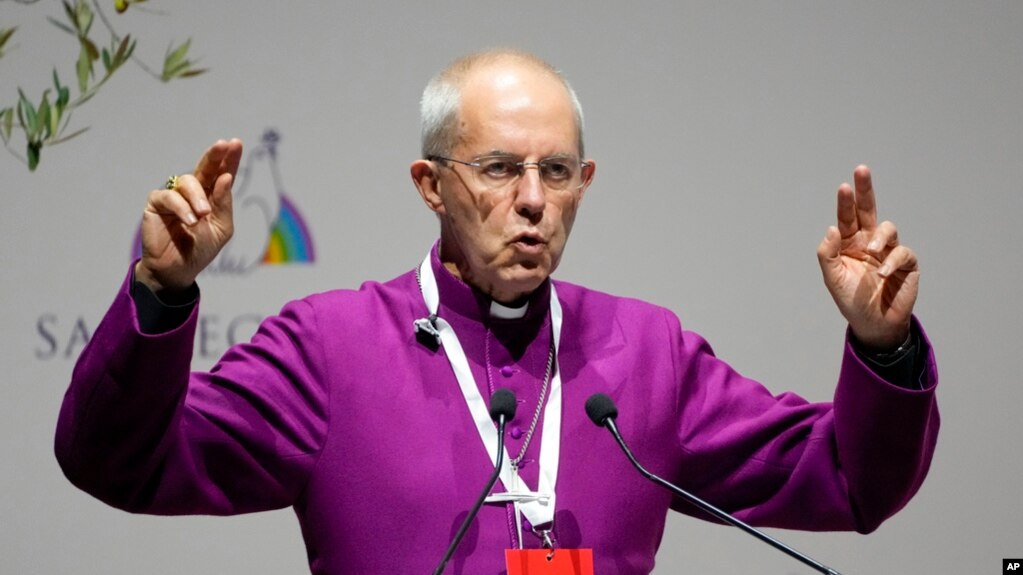Azerbaijani authorities to close criminal case against a number of NGOs begun in 2014
The Azerbaijani authorities are closing a criminal case against a number of non-governmental organizations which began in 2014. Several people were arrested as part of this case. Lawyer Elchin Sadigov considers the closure of criminal cases to be a positive development. “The forced closure of the criminal case against 5-6 NGOs does not speak of good will or a change in the essence of the government,” human rights activist Intigam Aliyev said.
The investigative department of the General Prosecutor’s Office of Azerbaijan closed the criminal case against several non-governmental organizations, which was started back in 2014. The Azerbaijani edition of Radio Liberty, citing a source in the prosecutor’s office, notes that the process of closing cases began in May 2023.
The source added that the heads of the organizations were recently invited to the investigative department. They were informed that the case had been closed.
Take statements and close the case
“According to Article 39.1.2 (lack of corpus delicti) of the Code of Criminal Procedure, the case is closed. In this regard, the heads of the organizations against which the criminal case was initiated, apply with statements, on the basis of which the cases are closed,” the prosecutor’s office said.
Mirvari Gahramanli, the head of the public association Organization for the Protection of Oil Workers’ Rights, confirmed this information with Radio Liberty. The human rights activist said that she was invited to the department by the Deputy Head of the Investigation Department of the Prosecutor General’s Office, Gasim Mammadov, and she was asked to write a statement: “In the statement, I indicated that I asked to close the case due to the lack of corpus delicti. I was told the case was closed.”
European court decision
In 2014 the Investigation Department of the General Prosecutor’s Office of Azerbaijan initiated a criminal case against branches and representative offices of a number of foreign non-governmental organizations and local NGOs.
In the same year, the head of the Institute for Peace and Democracy Leyla Yunus and her husband Arif Yunus, the head of the Legal Education Society Intigam Aliyev and others were imprisoned. They were accused of fraud, abuse of office, tax evasion and other criminal acts, although they themselves did not plead guilty to the charges.
The European Court of Human Rights in its verdict pointed out that these persons were punished not on the charges, but for political reasons.
The Azerbaijani government claims that no one in the country is persecuted for their political views, and all prisoners are punished for specific crimes.
“This criminal case was used to persecute NGOs”
In response to a request from MeydanTV, the press service of the Prosecutor General’s Office did not specify which criminal cases against which NGOs are considered closed.
Lawyer Elchin Sadigov noted that he defended in court in 2014 two organizations accused in this case:
“In 2020, the case against one of those organizations was closed, I don’t want to name it. But the case against the Foundation for the Support of the Open Society Institute was not closed, it continues to this day. Bank accounts, the property of this organization were arrested, and there was an appeal to the ECHR on this issue.”
Sadygov considers the closure of criminal cases to be a positive moment:
“But according to the information I have, the case against the Open Society Institute Support Fund did not stop.”
According to the lawyer, in 2014 many NGOs and donor organizations were held accountable:
“We can say that this criminal case was used to persecute NGOs. Rasul Jafarov, Intigam Aliyev, Leyla Yunus were arrested, and subsequently the case against Khadija Ismailova was transferred to a separate proceeding. Aziz Orujov was arrested in the same case.”
“All this is necessary for fairy tales about “reforms”, “dialogue” “
Human rights activist and former prisoner of conscience Intigam Aliyev says that no one summoned him to the prosecutor’s office, they also did not offer to write a statement about closing the criminal case:
“And they did right, because I’m not going to beg anyone.”
Aliyev recalled that the ECtHR made a decision on the political motivation of his arrest, as well as the falsification of criminal cases against his organization:
“The government is obliged to carry out individual and general measures based on the implementation of those decisions. You illegally arrest people, forbid them to leave the country for years, close their offices, close their accounts, spread lies and slander against them, and then say, go ask me for a favor.”
“What will change even if the case is closed?! Civil society in the country – independent media, the NGO sector, political parties – has been destroyed. All the steps taken by the authorities show that whom they cannot frighten, buy, they see in them their enemies.
The forced closure of the criminal case against 5-6 NGOs does not reflect good will or a change in the essence of the government. All this is necessary for fairy tales about “reforms”, “dialogue”, in order to restore damaged relations with international organizations. So that they continue to turn a blind eye to gross violations of human rights in the country, they allocated money,” Intigam Aliyev said in an interview with MeydanTV.
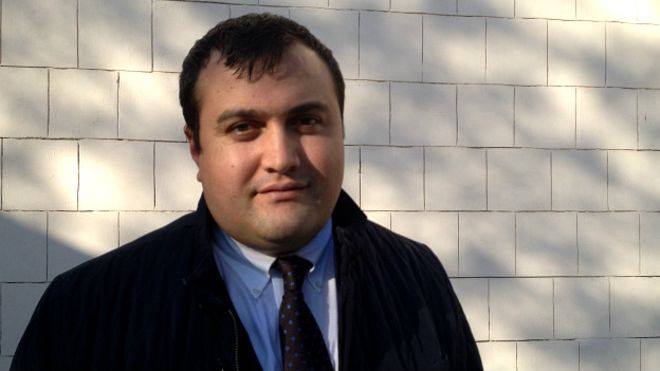

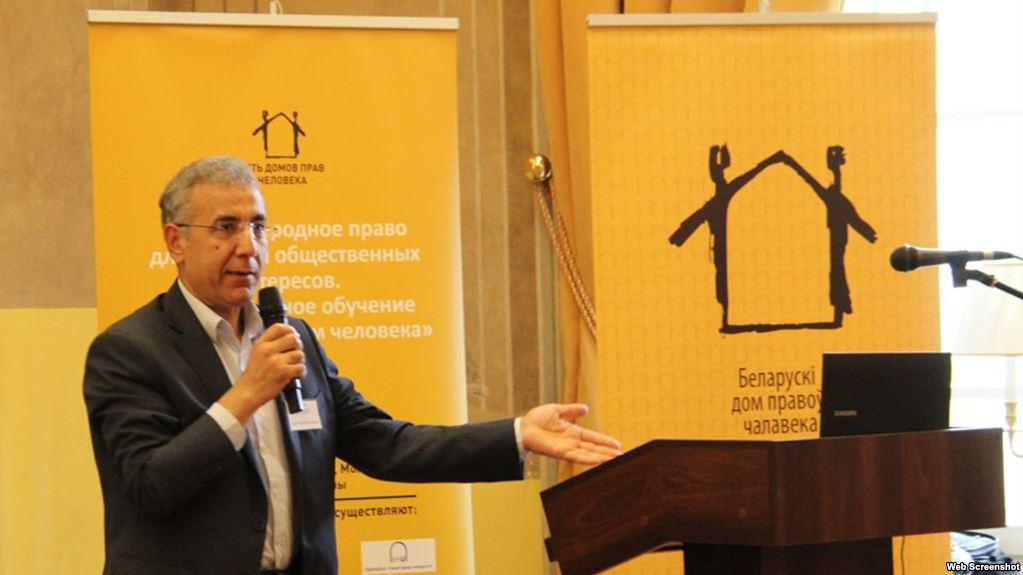





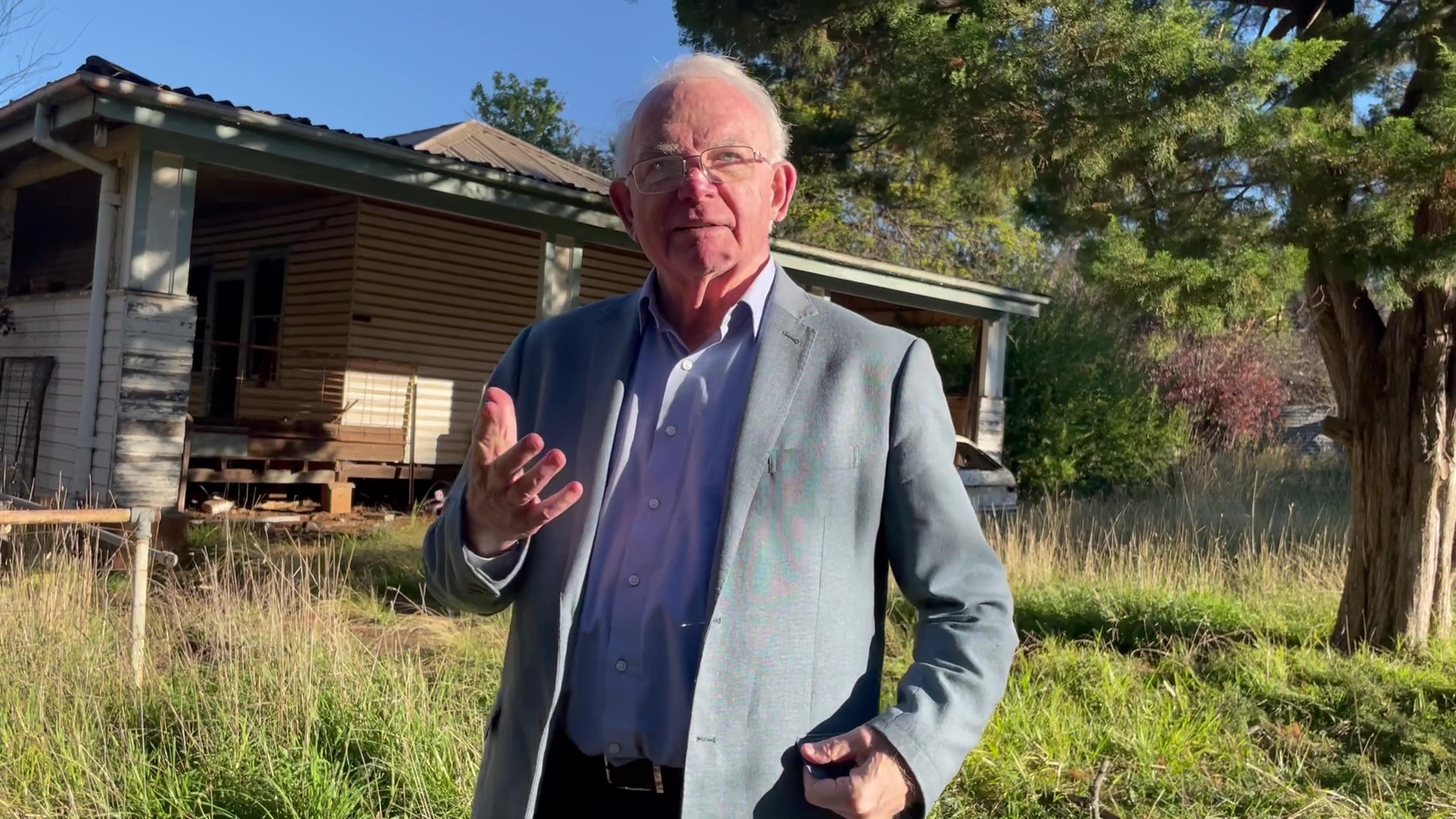
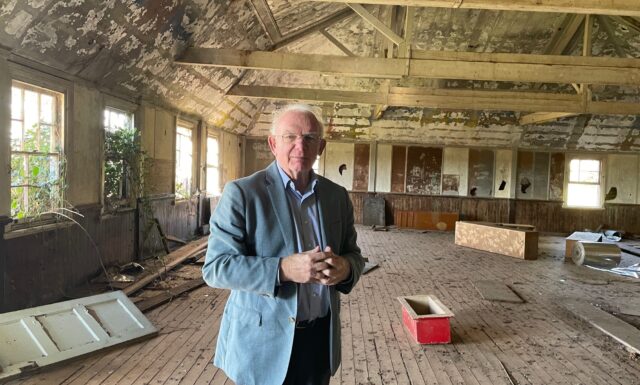
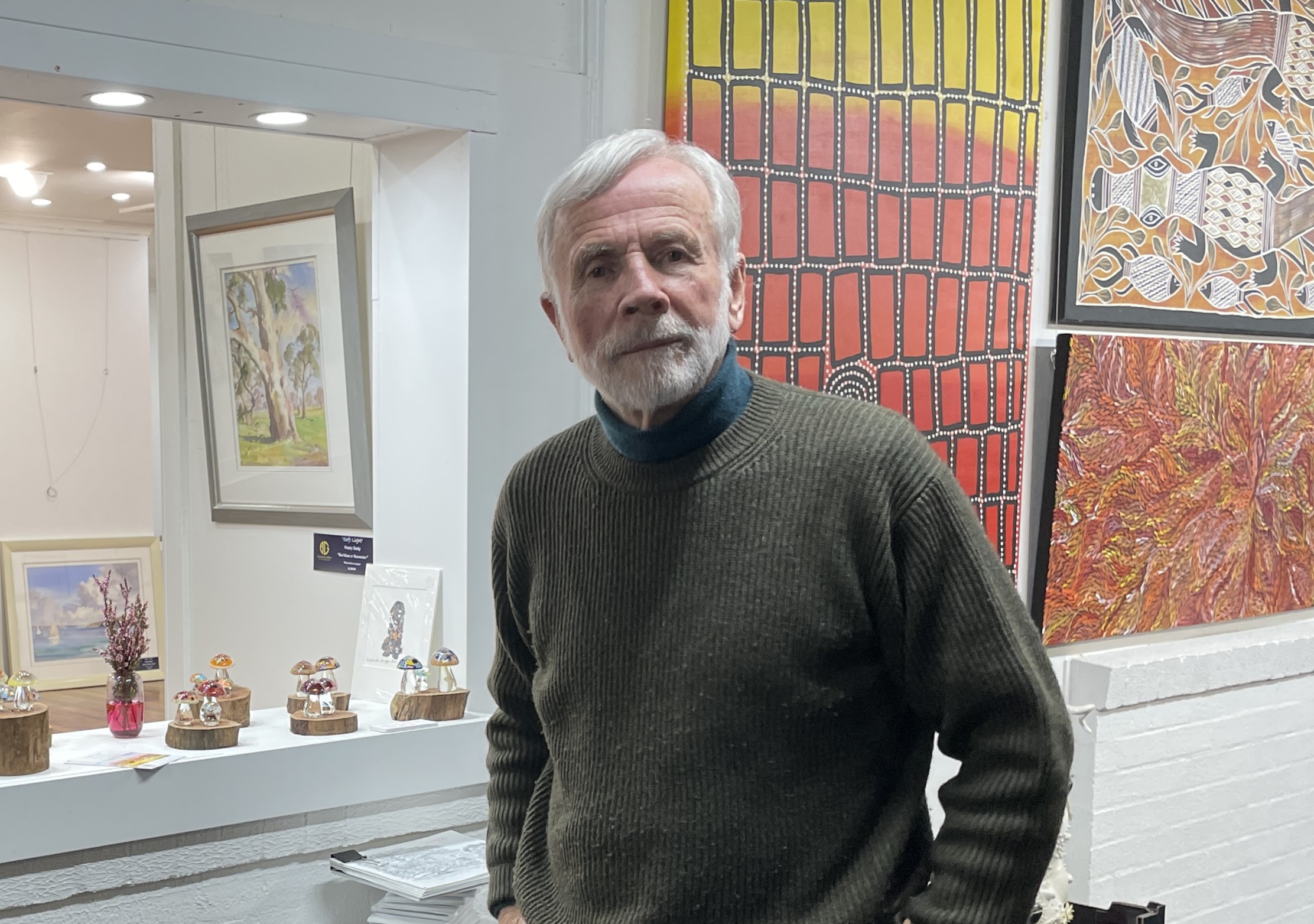 Former child migrant Robert Stephens was the first alleged victim of Sir William Slim – Australia’s 13th governor general – to speak publicly (Alana Calvert/PA)
Former child migrant Robert Stephens was the first alleged victim of Sir William Slim – Australia’s 13th governor general – to speak publicly (Alana Calvert/PA)